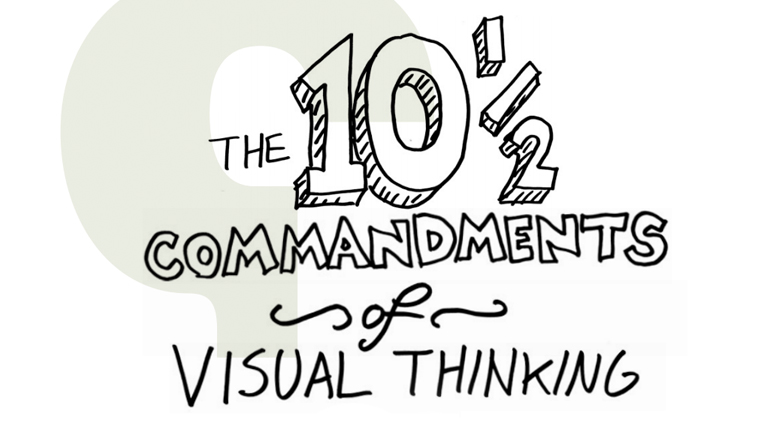We’ve all had the experience of sitting through an awkward meeting, lunch or phone call—one that, no matter how hard we try, never seems to get off the ground. While there is no scientific formula to making these moments work, there are a number of tools you can use to prepare yourself for success, ensure your polished follow up, and keep your relationship flourishing once you have the job, client, or account in-hand:
Write down what people tell you
Pick three small-talk topics:
While it may seem a bit pedantic, it’s often helpful to think through three potential topics for small talk prior to your arrival. In my experience it’s best to choose from a fairly broad range of possibilities: say, local sports, current movies, and—depending on the crowd—nearby restaurants or attractions that you have researched. What this does is smooth over transitional moments such as waiting for the last participant to arrive for the meeting, for the waiter to bring your menus, or for the elevator when you’re ready to leave—all of which can be awkward if silent, or potentially deal-breaking if the topic you choose at random lands badly with your listeners.
Eat and drink what you’re offered:
This is something many people have asked me about—their concern being that if they accept the offer of water, coffee—drinks or food of any kind—they are being difficult or demanding. In fact, accepting their hospitality signals both your openness to them as a person, and your feelings regarding a potentially positive outcome to the meeting as a whole. This doesn’t mean that if you’re offered coffee you say, “May I have a double no-fun, no-foam mochachino with six splendas.” All that’s necessary is, “Yes, thank you so much.” If you’re worried about nerves, I recommend water over coffee as, caffeine intake issues aside, water’s likely to come in a tumbler which, depending on the design, is easier to manage than a coffee cup—I include this quite specifically as one of my clients confessed to having gotten the coffee and then found his hands were shaking too badly to pick it up. If you do somehow manage to spill your drink in every direction (as I have done) don’t panic. Ask where paper towels are, help with the clean up, apologize once, and move on.
Write down what people tell you:
Because I have a freakish ability to retain what’s said to me without writing it down, I rarely, if ever, used to take notes in meetings. What I discovered from one of my clients is that this made him very, very nervous. If he didn’t see me writing it down, he didn’t believe I was going to remember it. Having consequently made a habit of doing this I’ve noticed that it both frees others’ up mentally—the same way it does when you see your waiter or waitress write down your order-- and gives them a sense they have actively contributed-- which improves morale all around. With this in mind, whether you use the notes or not, write down what others tell you.
Make notes immediately upon leaving
Make notes immediately upon leaving:
In addition to writing down what’s said in the meeting, one of my most successful financial clients makes a point of jotting down notes on any personal information mentioned immediately upon leaving a meeting or lunch. This allows him, in his thank you note, to be very specific with his follow up. For example, “It was so wonderful to hear Jane and Sally are doing so well in school.” Or, “I do hope Tom enjoys his time at camp this summer.” The P.R. executive with whom I most enjoy working likely does the same (and it’s one of the many reasons I so enjoy her). I’ve noted that she never fails to ask how my dog is, and it never ceases to make me smile. Once you’ve landed the account, entering these salient personal details-- spouse’s/children’s/pets names, hobbies, restaurant likes and dislikes, etc - into your PDA will help ensure your comfort with small talk going forward.
Acknowledge anniversaries:
In addition to remembering the personal details of individual meeting members, acknowledging important milestones in a company’s history is another way to actively demonstrate your commitment to, and involvement in, their success. For example, does the company have a “birthday” coming up-- is it their one or five or twenty-five or one-hundred year anniversary? Entering these types of dates into your meeting reminder calendar, and making the time to send a note—or a gift—of congratulation, is an easy way to help them feel you’re a member of their extended family.
Ensure communication flows:
In addition to making yourself available to those with whom you meet, you should ensure your staff is able to do the same. This means that any time you’re going to be out of the office for any length of time, they are aware of exactly how and where to reach you should a client with whom you’ve been meeting call in. They should also have the names of all current and potential clients in-hand, and a general idea of the status of every project, so they can say with authority, “Hello Mr. X, No, he’s not in the office at the moment, but I know he’s been wanting to speak with you. Here is how to reach him.” Or, “Hello Mr. X, No, he’s not in the office at the moment. I know you’re calling him about Y project. Is there something that I can help you with immediately?” Either of which responses is guaranteed to leave the listener feeling he or she is valuable to you and your organization.
As you can see, while none of the above is groundbreaking in itself, what each does do is to create a sense of camaraderie and community within a business environment— camaraderie and community that lay the foundation of trust necessary to seal the deal, and ensure the relationship continues to flourish over the years to come.




.png)




What Did You Think?